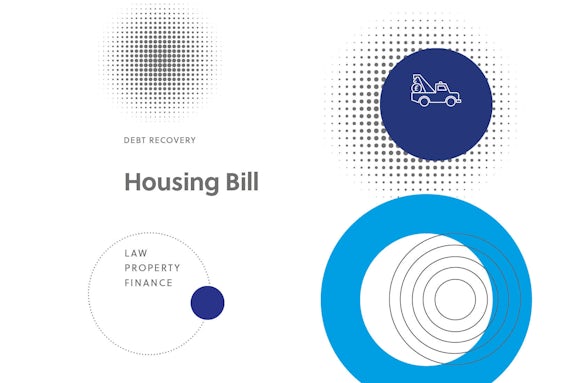The Cost of Living (Tenant Protection) (Scotland) Bill 2022 (the “Bill”) was passed on 6 October 2022 and will soon be made into law by Royal Assent.
Rent Freeze
The Bill intends to set a maximum rent increase in private and social tenancies at zero until at least 31 March 2023. This will apply to any rent increase proposed after 6 September 2022 and the ban extends to issuing any notice of a rent increase whilst the rent freeze is in place.
If a rent increase notice was issued before 6 September this is not affected and will take effect after the usual twelve weeks if not challenged by the tenant.
Finally, the freeze does not apply to regulated tenancies and other tenancy types where contractual terms govern regular rent increases. Those rent increases can still happen as they normally would.
Eviction Ban
The eviction ban is similar in structure to the rules introduced during the coronavirus pandemic. It does not restrict Landlords from serving notice to leave, or issuing notice of proceedings to tenants. It does not prevent applications to the First-tier Tribunal and does not prevent orders for eviction being granted.
In order to determine whether the eviction ban will affect you depends upon (i) whether an “eviction notice”, i.e. a Notice to Leave or Notice to Quit, was served before 6 September; and eviction proceedings were issued at the First-tier Tribunal before the Bill comes into force; or (ii) whether an eviction order was granted by the First-tier Tribunal before the Bill comes into force. Where either these options is true an eviction order will be exempt from the ban and will be immediately enforceable.
In any instance where an “eviction notice” was served on or after 6 September, or eviction proceedings were raised after 6 September, it will be caught by the eviction ban. The First-tier Tribunal will still grant the order however it will not be possible to enforce it for a period of six months’ beginning on the date it is granted, or the date the eviction ban is withdrawn and ceases to have effect, whichever may be earlier.
Exceptions
There are exceptions to the ban in limited circumstances such as where significant rent arrears of at least six months’ are due, there is anti-social behaviour, the property has been abandoned, or the financial hardship of the landlord requires that they either sell or live in the property themselves.
The Bill has introduced a formal definition of ‘substantial rent’ which equates to six months’ rent arrears in a private tenancy. If your tenant has accrued six or more months’ of arrears, you can serve a notice to end the tenancy and once you have obtained an eviction order you will be able to enforce this immediately.
Additional options are also available to assist landlords in financial hardship, facing the need to obtain an eviction order either to sell a property, or to move back into it themselves. The tribunal will determine by way of evidence whether a landlord is facing financial hardship and whether an eviction order should be granted in such circumstances.
So what should I do?
Continue as normal.
If you have a tenant you wish to remove, serve notices as you normally would. If you then require an order for eviction, you should take steps to lodge your application with the First-tier Tribunal at the earliest opportunity.
It is inevitable that some short-term pain is going to be felt by landlords as a result of the Bill, however when, not if, your order becomes enforceable after period of six months’ beginning on the date it is granted, or the date the eviction ban is withdrawn and ceases to have effect, landlords should be standing ready to instruct evictions at the earliest opportunity. Gilson Gray’s specialist team stands ready to help you with any landlord and tenant issues.
If you would like to discuss the impact of the Bill on you; if you are having issues with a tenant who you wish to remove or who has accrued arrears you wish to recover; please do not hesitate to contact David Alexander or David Gray. Email dalexander@gilsongray.co.uk and dgray@gilsongray.co.uk. Telephone 0131 516 5354.








